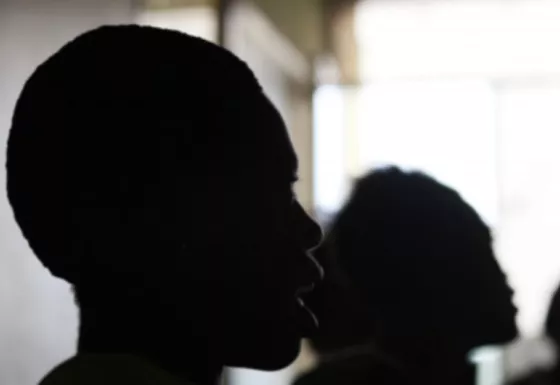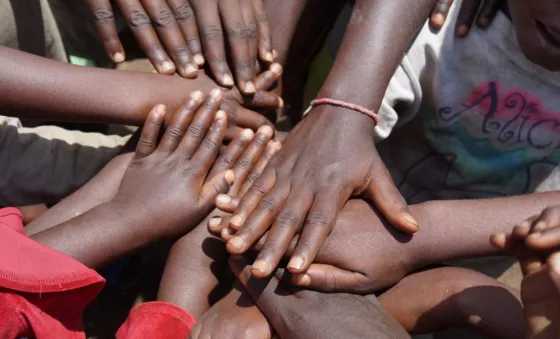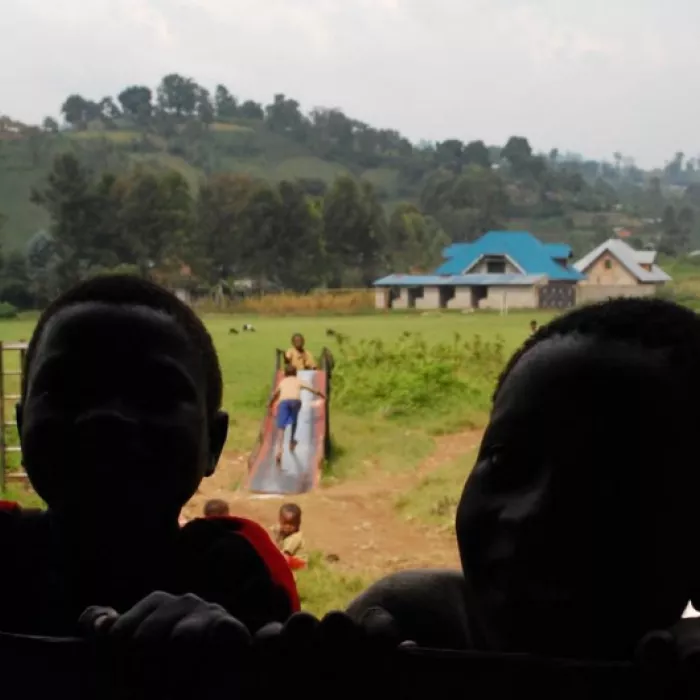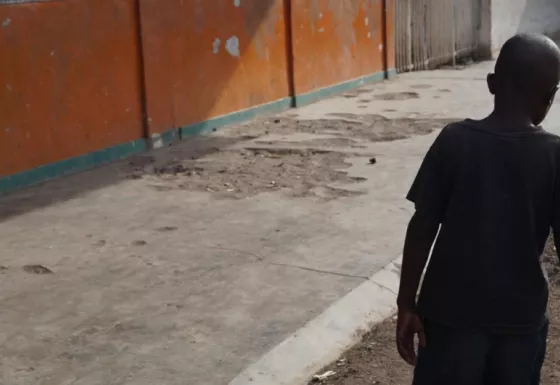Joining an armed group
What do we mean by joining an armed group 'voluntarily'?
Affected communities understand it as when a child joins an armed group of their own free will, without force or coercion.
Even if not coerced, a child's decision to join is much less about a desire to do so, and more about a choice between very limited options.
These limited options are incredibly complex as social, political, economic, and cultural elements mix and interact to create the various push and pull factors. Placing responsibility on children and, to an extent, their parents, can just reinforce their vulnerability.
The journey from childhood and adulthood has a key role to play.
Voluntarily joining an armed group can be seen by children as a way to achieve 'adult status'. Although this isn't an original intention, many children note this as an aspect after reflecting on their time in an armed group.
Gendered Roles
Boys are typically the focus of commentators or the media when discussing child soldiers.
Within affected communities this focus remains, mainly because girls are seen to join groups in different ways than boys.
Children who are considered members of an armed group are seen as 'combatants', those that carry weapons, which applies largely to boys.
But this doesn't mean that girls aren't part of an armed group, or that their roles are any less important. Girls take on different roles.
Life in an armed group is undeniably tough for boys.
Boys suffer physical hardship: they're denied sleep or must sleep in the open air, and lack food, shelter and medicine.
The level of violence towards boys is high, as is the violence they commit towards others, including killings and severe beatings.




